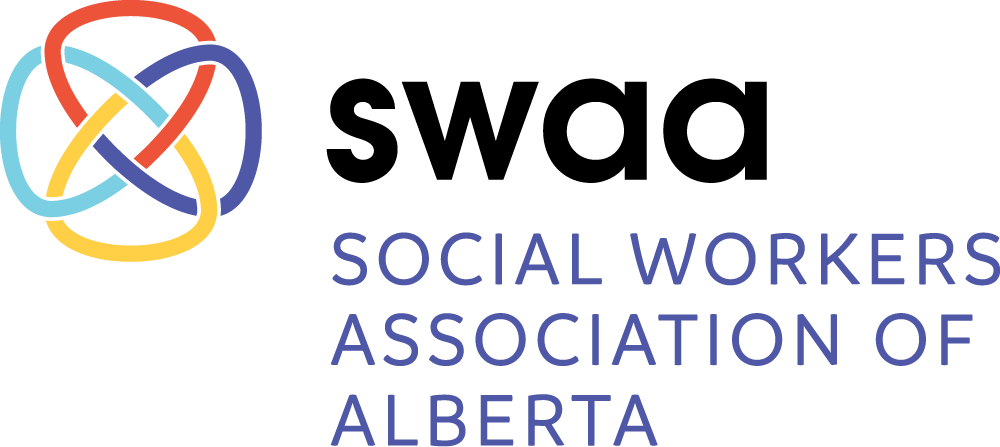Sept 22 - Sept28: Gender Equality Week
Bridging the Gap, Advancing Equity
Gender Equality Week, observed annually during the fourth week of September, serves as a national opportunity to celebrate progress, highlight persistent challenges, and recommit to achieving full gender equity in Canada. Established in 2018 through the passage of the Gender Equality Week Act, this commemorative week encourages Canadians to reflect on and address the systemic barriers that disproportionately impact women and gender-diverse individuals. The observance also intersects with broader international efforts, such as International Equal Pay Day, further emphasizing the urgency of dismantling gender-based inequities.
Despite notable advancements, gender inequality remains deeply embedded in Canadian society. Women and gender-diverse people continue to face disparities across income, employment, leadership, and safety. In 2023, women in Canada earned, on average, 88 cents for every dollar earned by men. This wage gap is even more pronounced for Indigenous women, racialized women, immigrants, and women living with disabilities. Full-time working women lost the equivalent of 15.5 months of earnings annually compared to their male counterparts. Canada ranked 30th out of 146 countries in the World Economic Forum’s Global Gender Gap Index, dropping five places from 2022. These figures underscore a persistent structural imbalance that affects economic security and opportunity for women nationwide.
The challenges extend beyond pay. Women remain underrepresented in political and corporate leadership. As of 2024, women hold just over 30% of seats in the House of Commons. In the arts sector, men continue to dominate key creative roles in Canadian film and media, with parity projections stretching decades into the future. Occupational segregation remains prevalent, with women overrepresented in lower-wage, part-time, or precarious jobs and underrepresented in high-paying STEM fields. Moreover, Indigenous women face systemic marginalization, earning as little as 65 to 70 cents for every dollar earned by non-Indigenous men.
In response to these realities, federal and provincial governments have made incremental progress. Measures include pay transparency legislation in some provinces, funding for women-led initiatives, investments in childcare, and gender-based analysis (GBA+) integration in policymaking. The federal government has also established Women and Gender Equality Canada (WAGE) as a central agency tasked with coordinating equity efforts. However, significant gaps remain. Data on gender disparities, particularly regarding intersecting identities, is still limited, hindering effective policy design. Furthermore, wage equity legislation is inconsistently applied across sectors and provinces, allowing loopholes and inconsistencies in enforcement.
Gender Equality Week is a call to action. It urges individuals, institutions, and governments to examine policies, challenge cultural norms, and uphold the principles of inclusion and justice. Bridging gender gaps in Canada will require not only awareness but bold, intersectional, and sustained strategies to ensure equity for all. As we move forward, Gender Equality Week serves as a powerful moment to reaffirm Canada’s commitment to a truly equitable future.
Resources
Gender Equality Week – Government of Canada
Women and Gender Equality Canada
Gender-Based Analysis Plus (GBA+)
Gender, Diversity and Inclusion Statistics Hub (Statistics Canada)
Global Gender Gap Report 2024: It will take 134 years to reach gender parity
Gender Pay Gap in Canada | Canadian Women’s Foundation
Statement on International Equal Pay Day - Canada.ca
Fact Sheet: Evolution of pay equity - Canada.ca
International Equal Pay Day | United Nations
